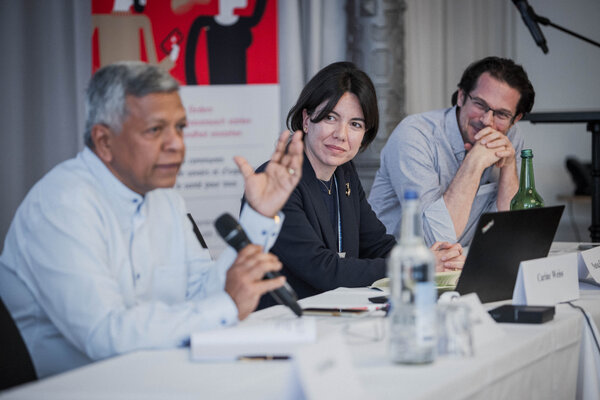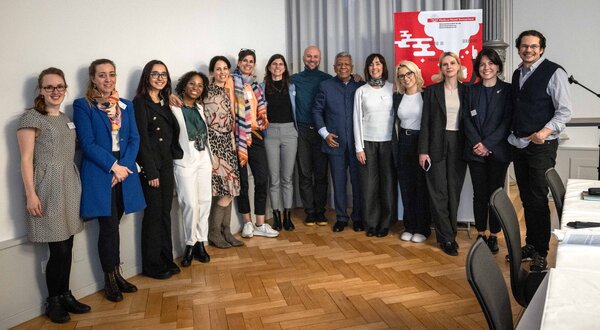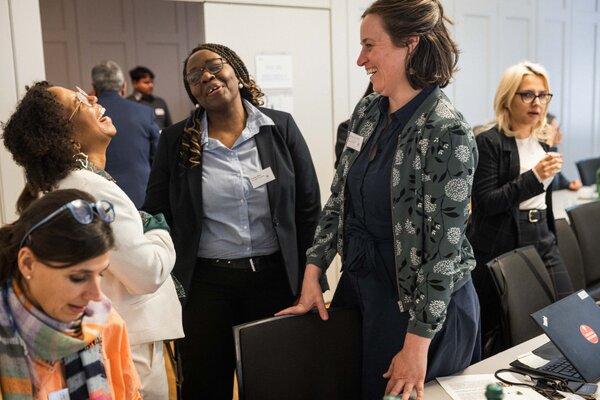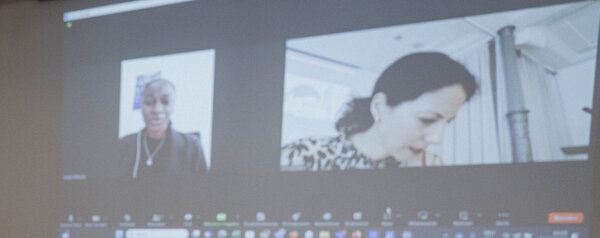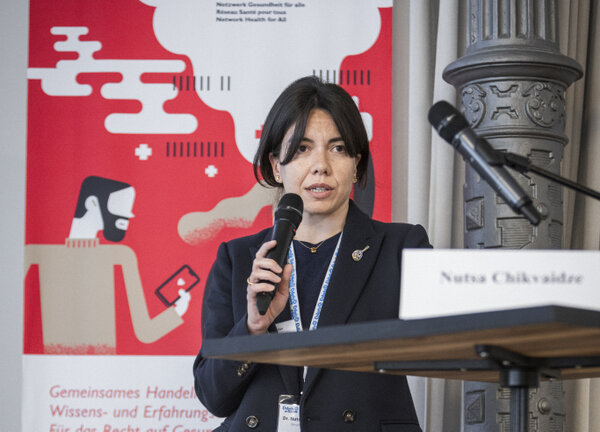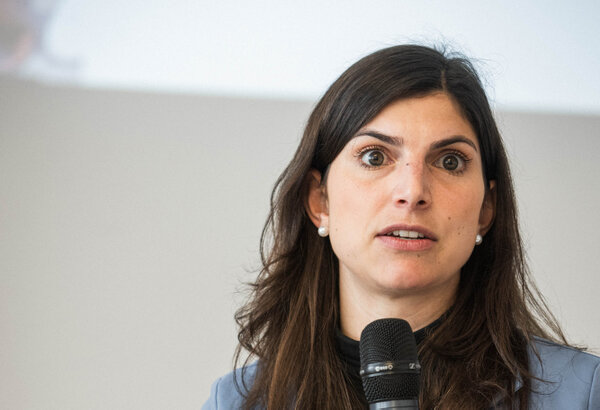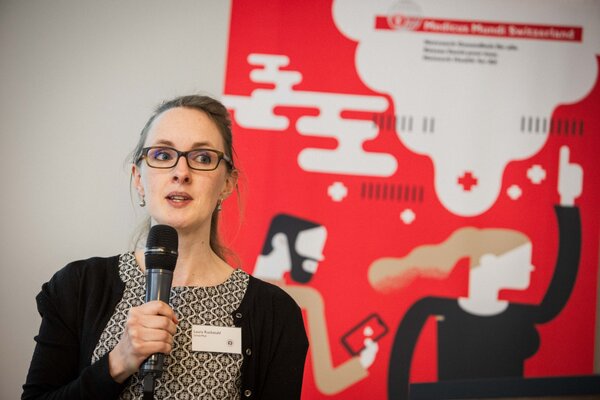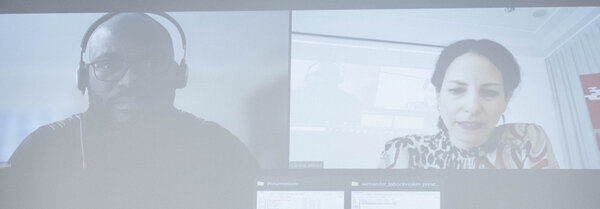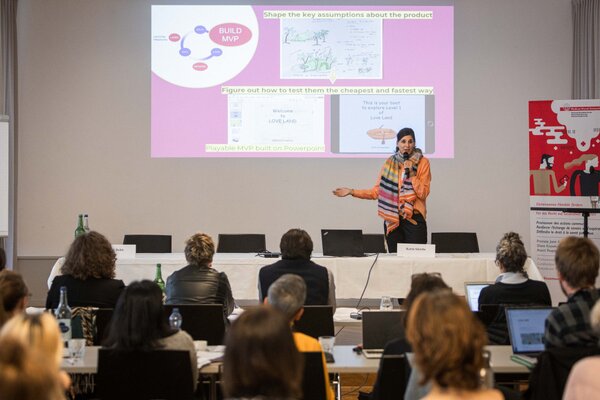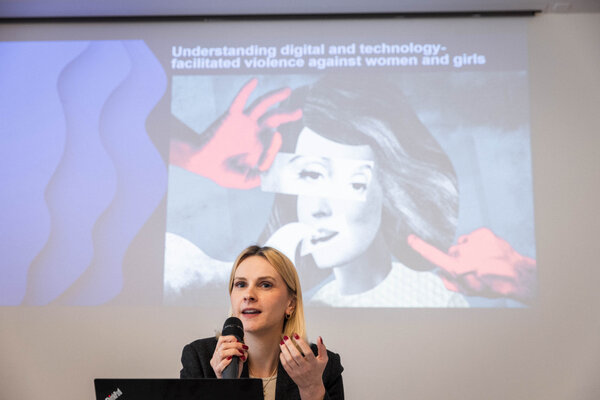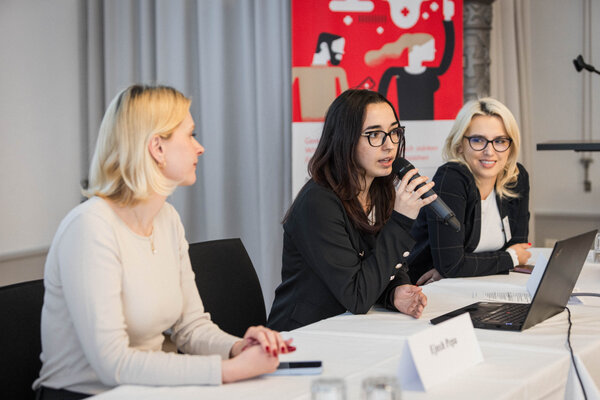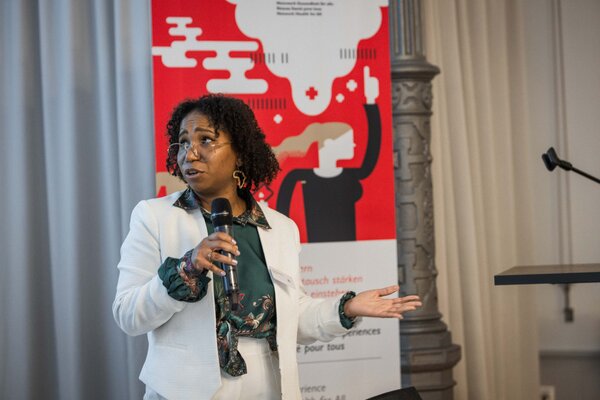Women and Girls in the Digital Age: Strategies to Combat Technology-Facilitated Violence
Presentation by Ejnxh Pepa (Councelling Line for Women and Girls Albania - CLWG and IAMANEH Schweiz) at the MMS Conference 24 April 2024
MMS Conference 2024 Since 2008, IAMANEH Switzerland and Counselling for Women and Girls (CLWG) have established a powerful partnership dedicated to eliminating entrenched obstacles to the health and rights of women and girls in Albania. Together, they have been steadfastly committed to breaking down systemic barriers that hinder gender equality, envisioning a world where all individuals, particularly women and girls, can access sexual and reproductive health services, and rights thrive autonomously in good health, free from violence and exploitation. At the heart of this initiative lies a commitment to safeguarding the rights, health and well-being of young women and girls who are disproportionately affected by digital violence.

